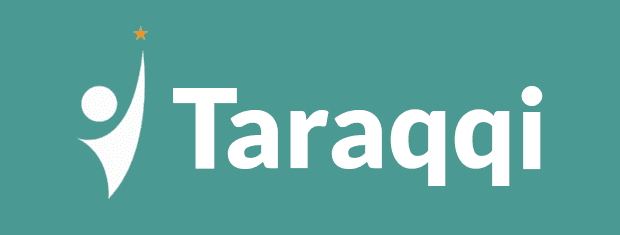Punjab Cabinet Approves Major Recruitment, Infrastructure, and Welfare Reforms 2025
The Punjab Cabinet has given the green light to a comprehensive set of reforms and initiatives spanning recruitment, governance, investment, infrastructure, and public welfare. The meeting in which Chief Minister Maryam Nawaz presided defined strategic decisions in improving service delivery, economic growth, and citizen well-being in the province.
Large-Scale Recruitment and Contract Extensions
In a significant step to strengthen the public workforce, the cabinet approved the hiring of constables for the Right Management Police and new vacancies in the Walled City Authority, Punjab Financial Advisory Services, Punjab Wildlife and Parks Department, and Punjab Energy Holding Company Limited.
The government also extended service contracts for employees in the Home Department, Planning & Development Department, Literacy Department, and the Multan Center for Combating Violence Against Women. Additionally, over 590 project-based employees in the Literacy Department and 31 SPU research unit staff received contract renewals.
To streamline medical hiring, the newly passed Punjab Locum Recruitment Act 2025 will simplify processes for clinical and non-clinical appointments.
Strengthening Governance and Regulations
Key regulatory updates were approved, including amendments to the Punjab Drug Rules, Sports Board Punjab regulations, and the Punjab Charities Commission framework. The chief minister ordered strict action against fake charitable organizations to protect public trust.
For the first time, the Punjab Occupational Safety and Health Rules 2024 were introduced to safeguard workers, particularly in sewer line and construction sectors. A dedicated enforcement team in the Labour Department will ensure on-ground compliance.
Investment-Friendly Reforms and Infrastructure Expansion
To attract investors, the cabinet unveiled a simplified online application system for setting up petrol pumps, reducing documentation requirements from 16 to just six. The move will enable faster NOC issuance and promote business growth.
Urban development plans include the expansion of WASA services to five more divisions and 13 cities. In addition, an AI-based traffic management system and the Excel Road Management System are set to be operational within 90 days to improve road safety and traffic flow.

Social Welfare and Education Initiatives
The meeting approved a lifelong pension scheme for widows of government employees, paid internships for nurses in public hospitals, and structured industry work programs for prisoners. The chief minister stressed fair wages for inmate workers and mandated third-party monitoring of prisons.
To combat child labour, the Punjab Restriction on Employment of Children Rules 2024 were passed. A standardized process for appointing treasurers, registrars, and examination controllers in universities was also approved.
Support for Farmers and Environmental Protection
The Kisan Card program reported a 99% recovery rate in its first phase, disbursing Rs6.93 billion to 90,000 farmers and utilizing Rs47 billion for agricultural inputs. Plans for new tractor manufacturing plants are underway under Punjab’s high-tech mechanization initiative.
In the environmental domain, a regulatory framework was launched to protect native bird species. The provincial government has allied with the Houbara International Foundation and Deer Foundation International to step up conservation of wildlife through signing of MoU.
Emergency Relief and Audit Oversight
The cabinet approved Rs2.6 billion in emergency aid for flood victims via the PDMA. Rescue 1122 got complimented because of its efficient and fast disaster response.
Chief Minister Maryam Nawaz directed all departments to ensure regular audits and implement third-party monitoring to strengthen transparency and accountability in governance.
